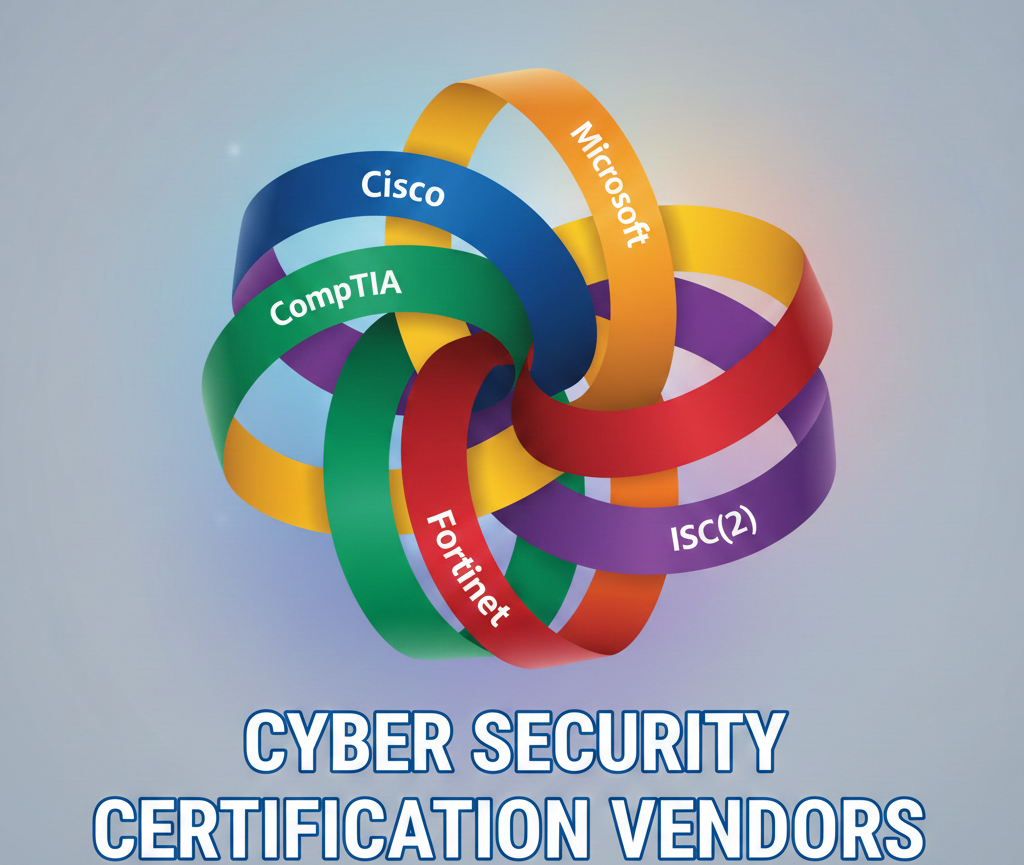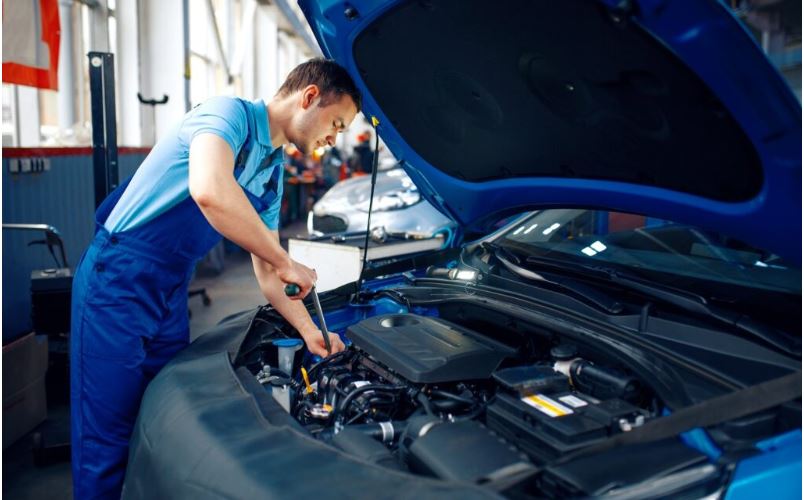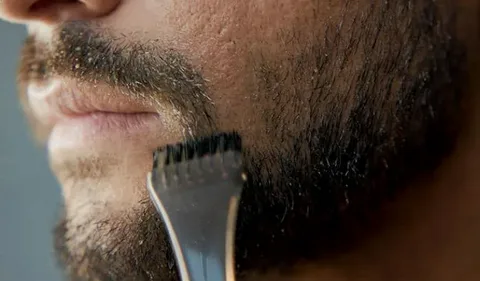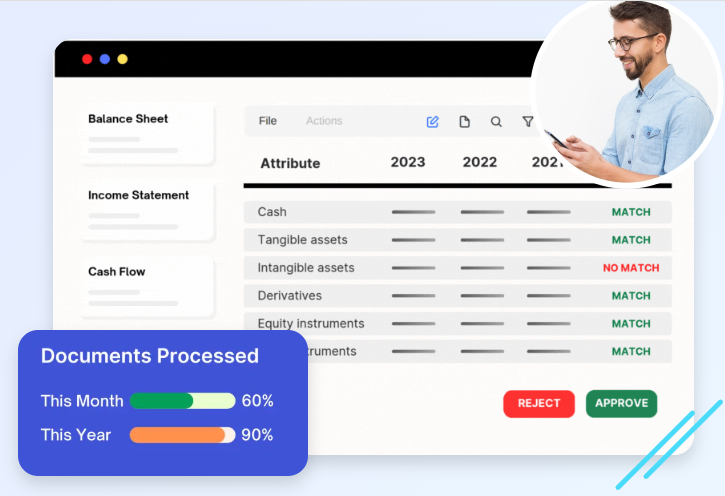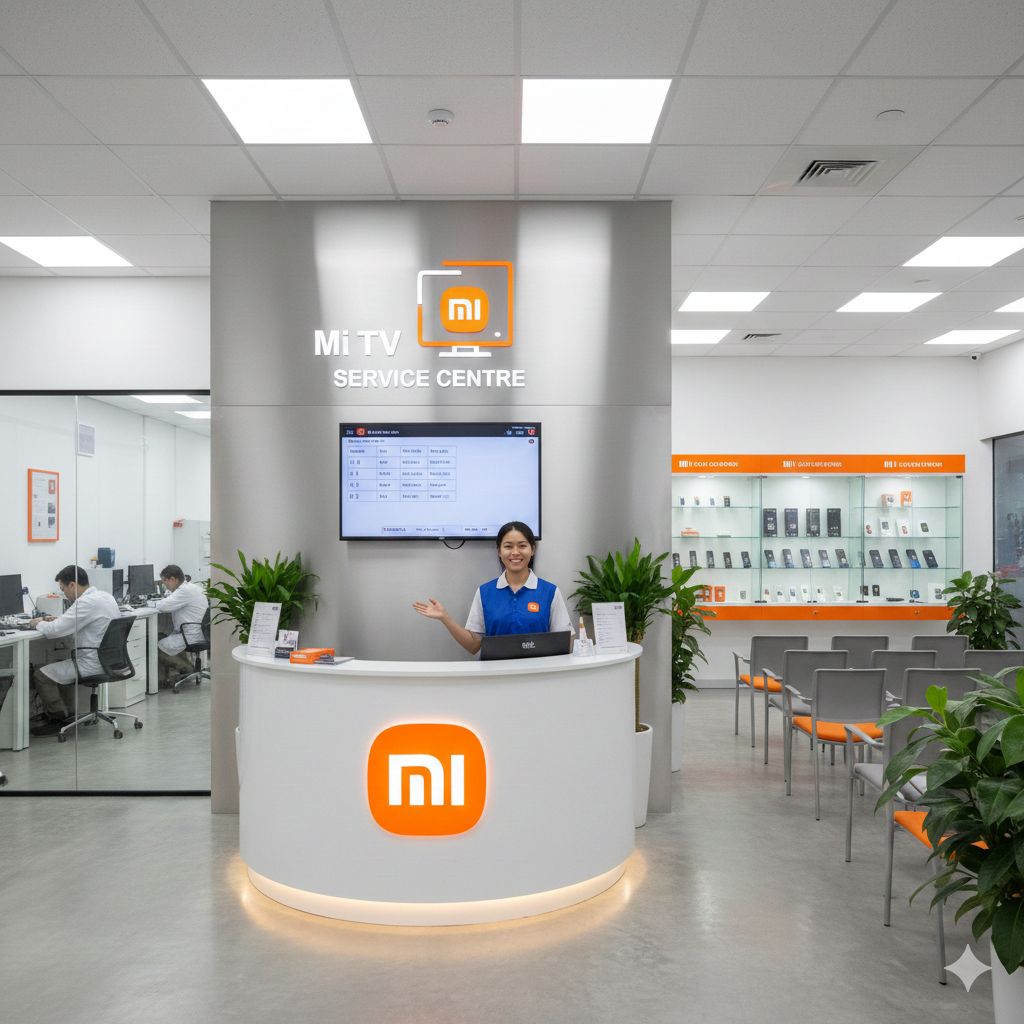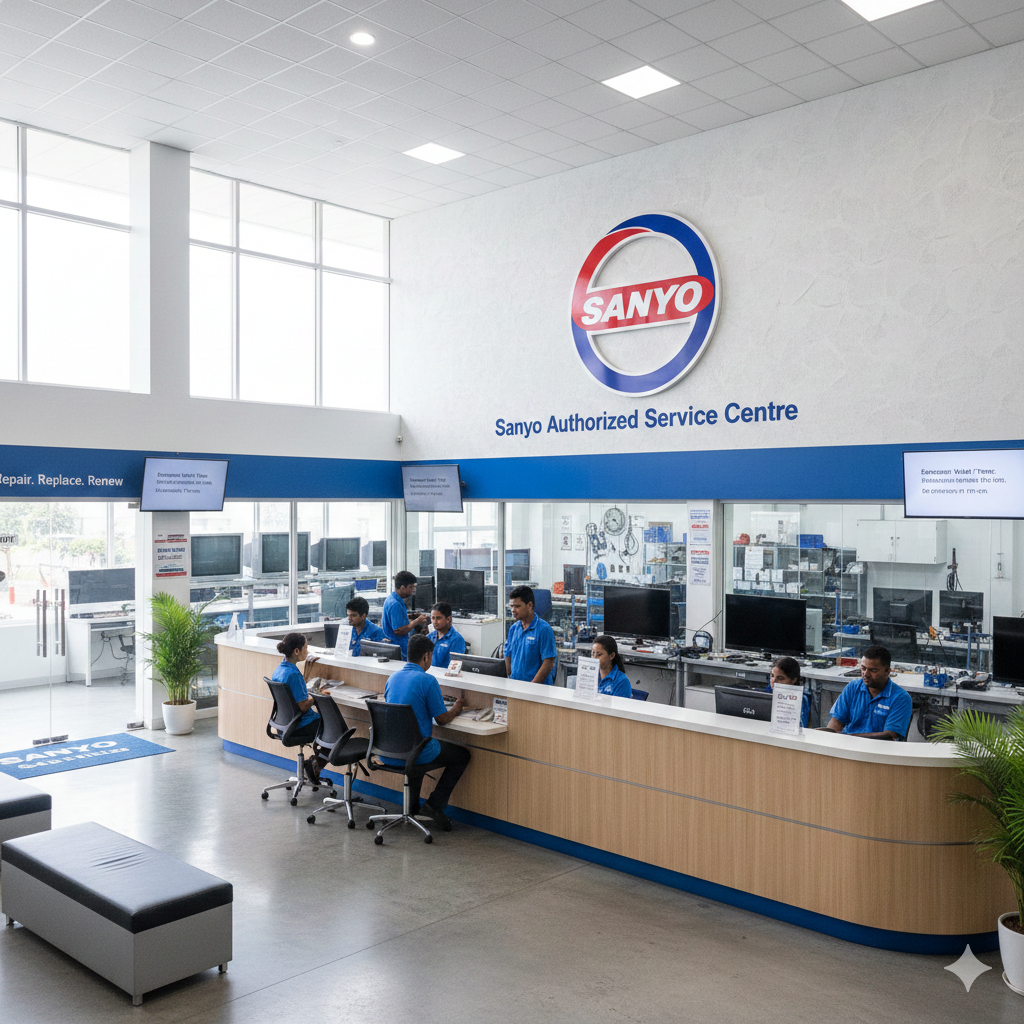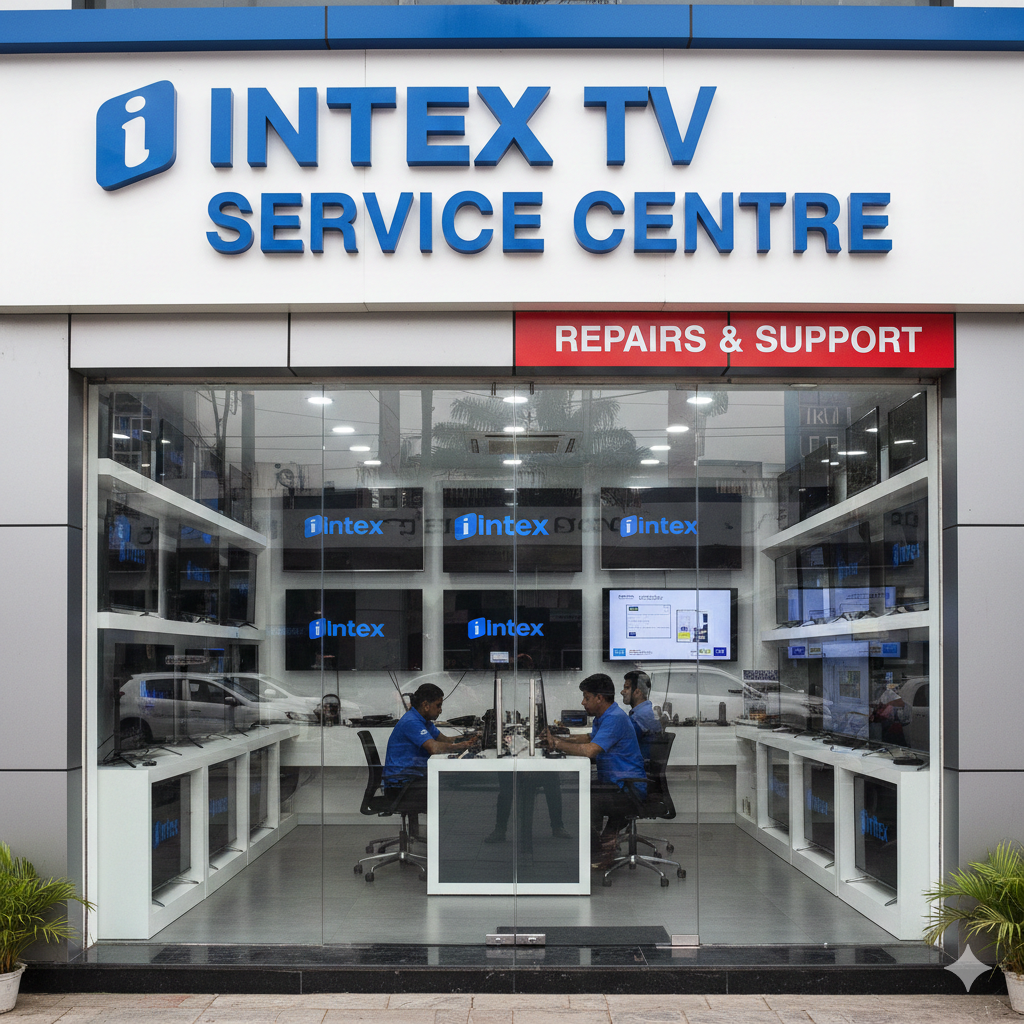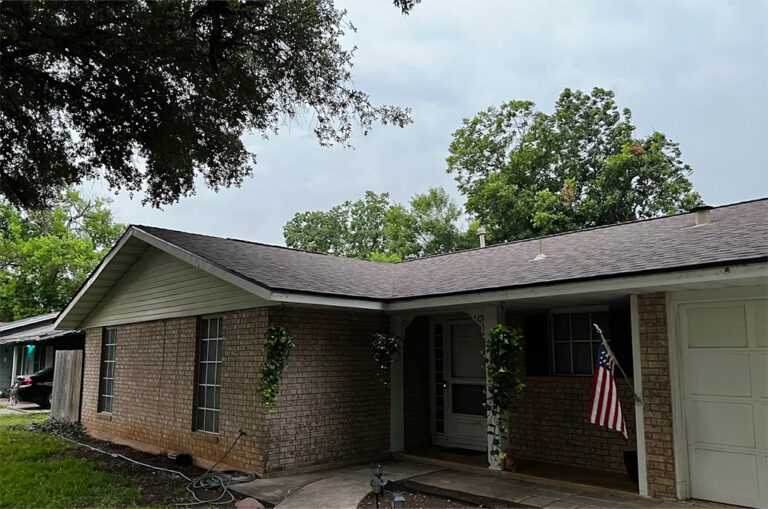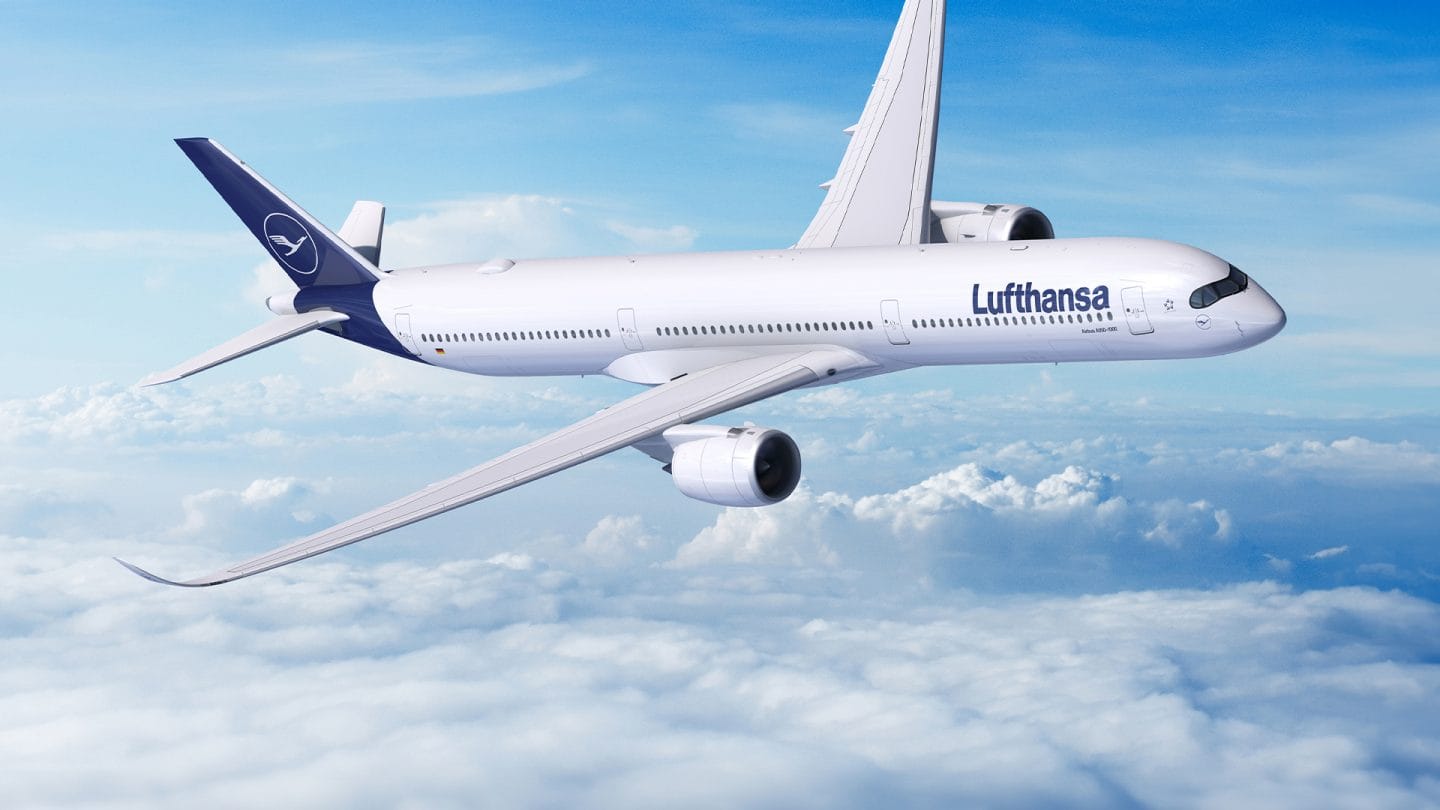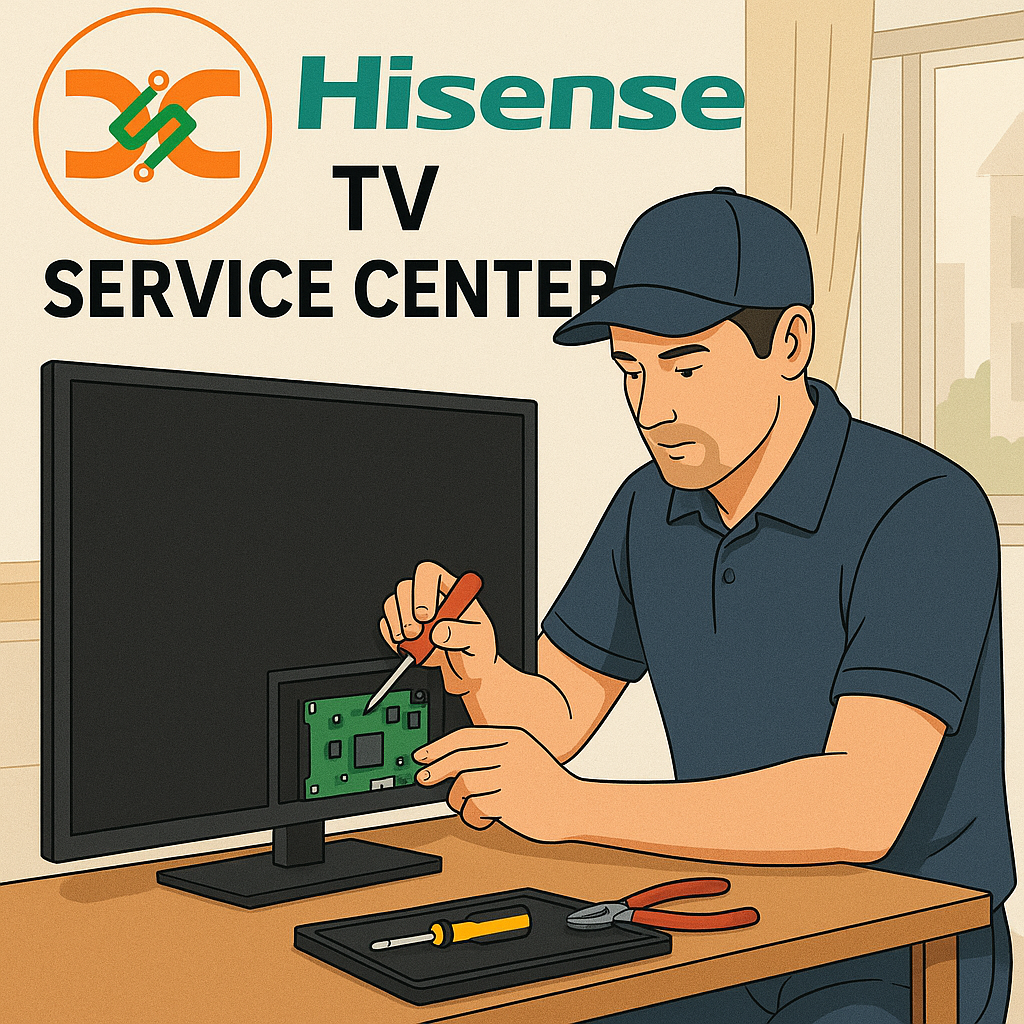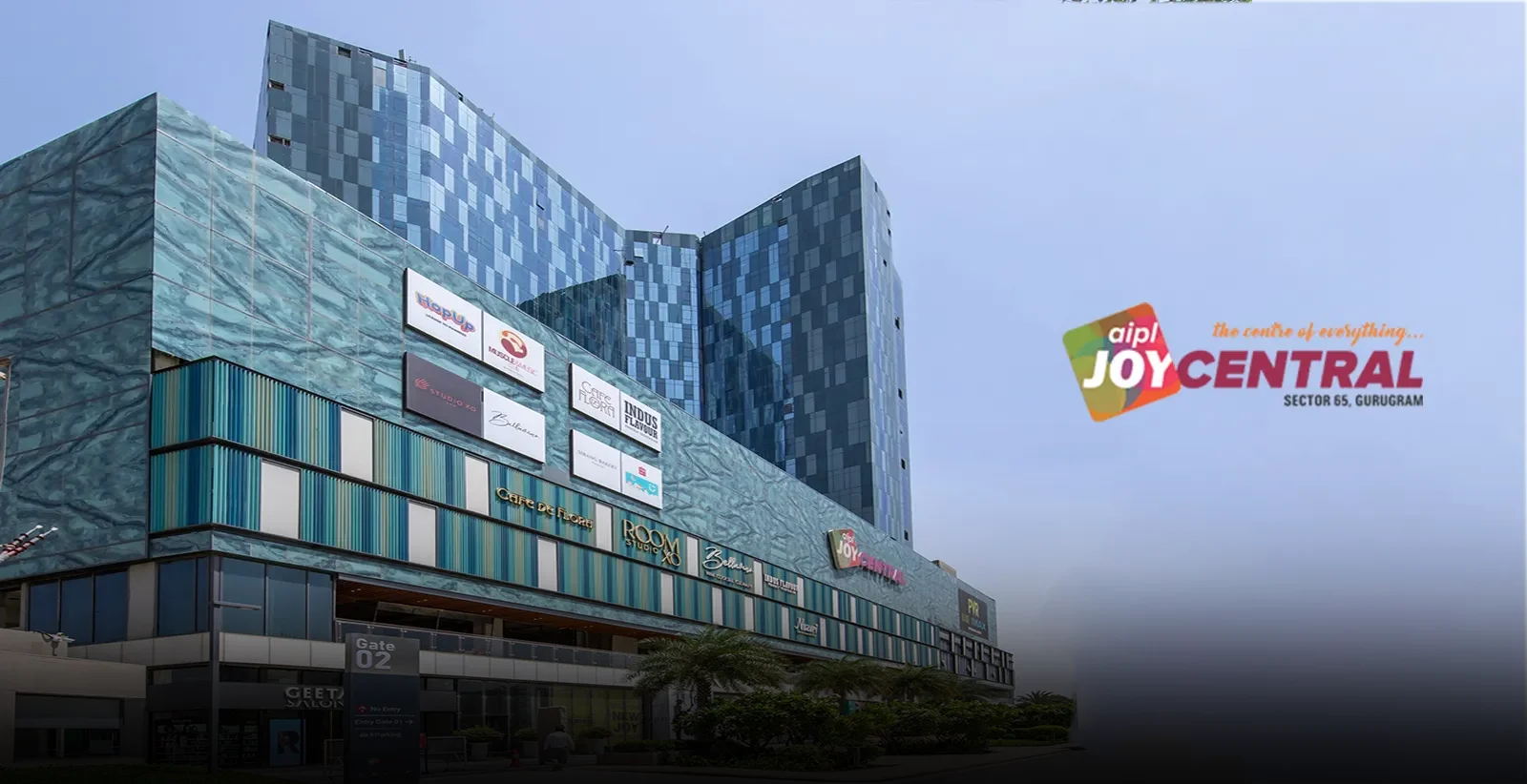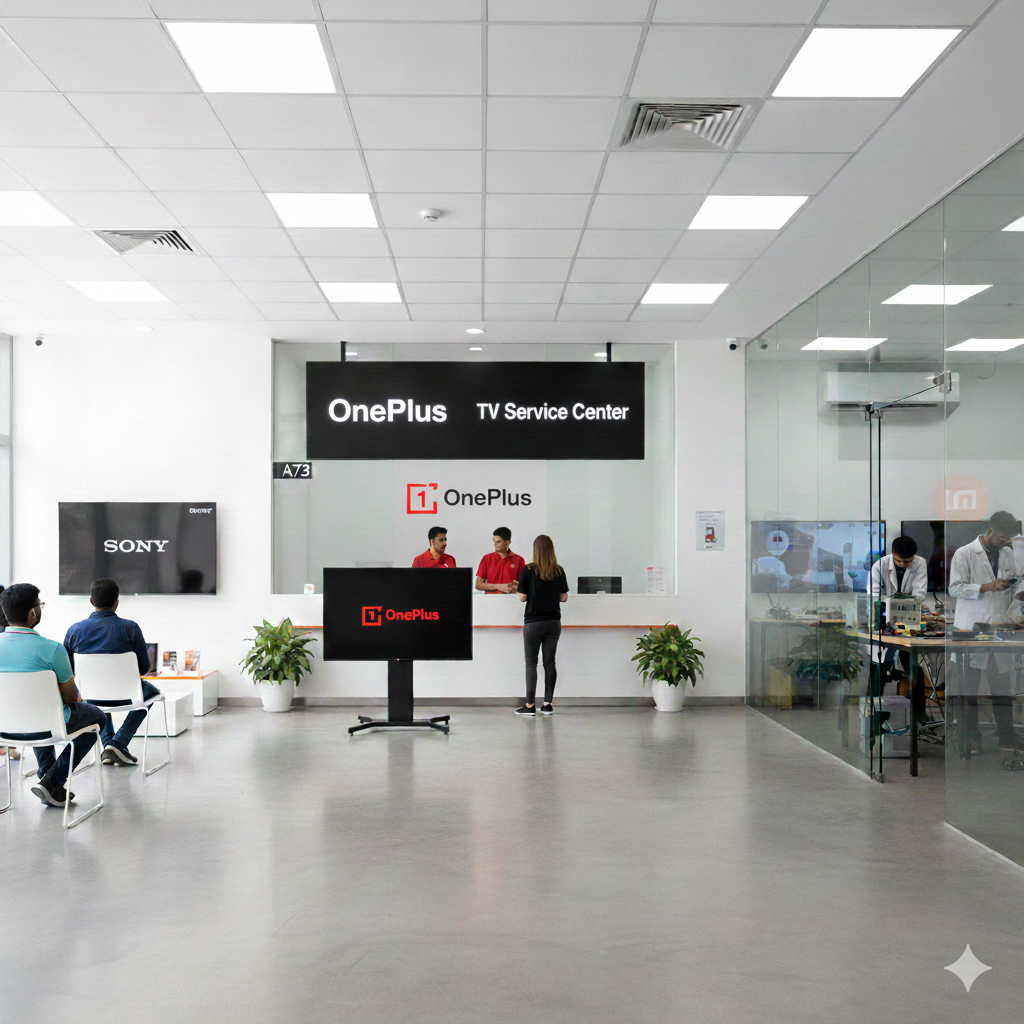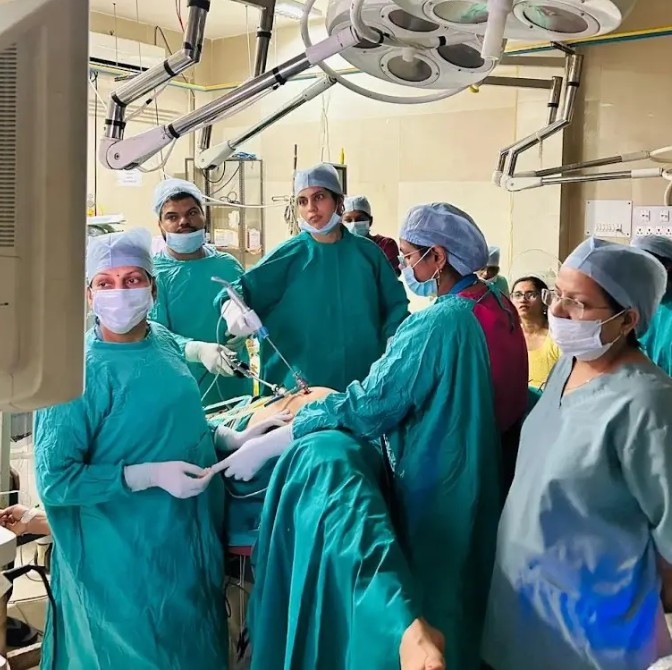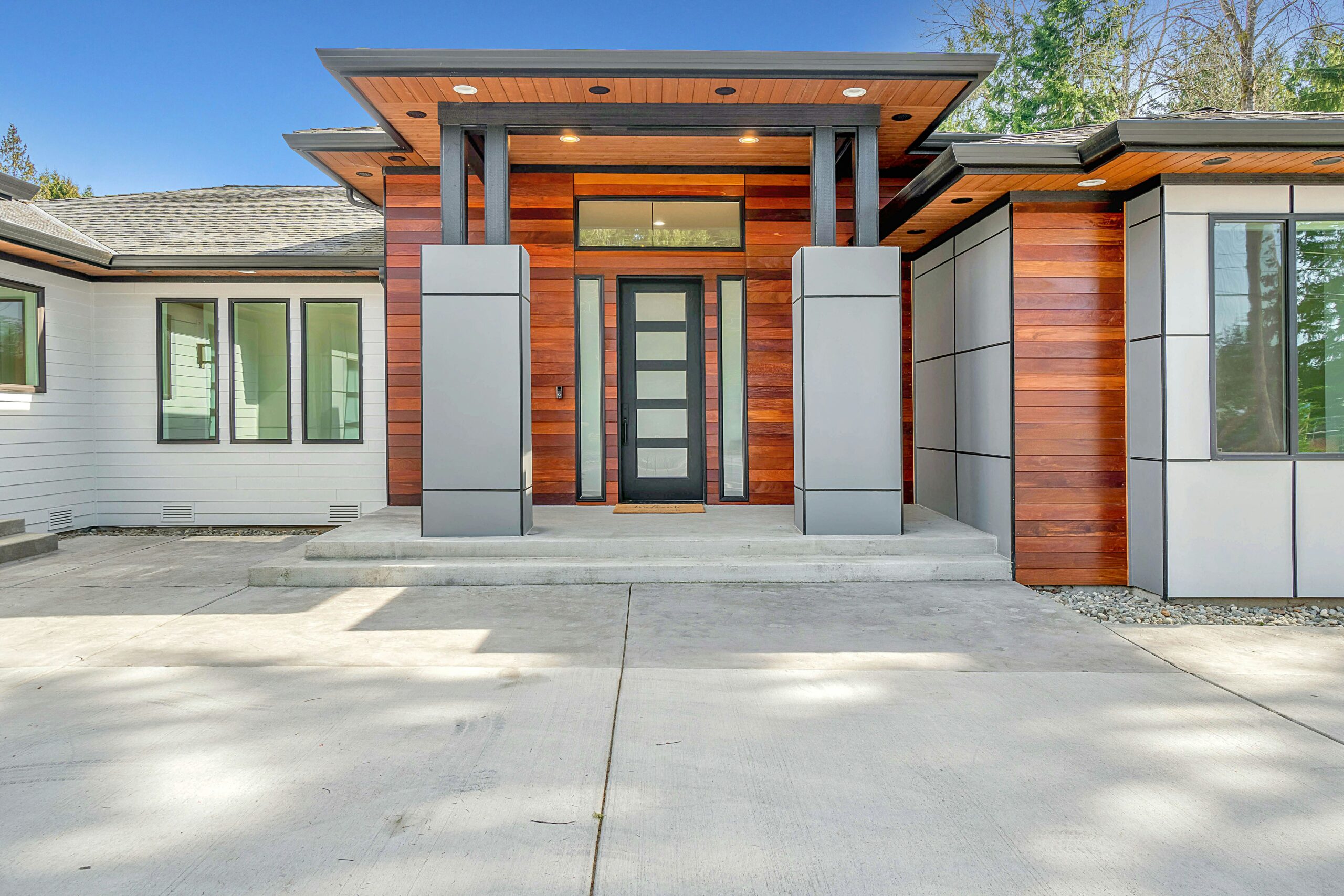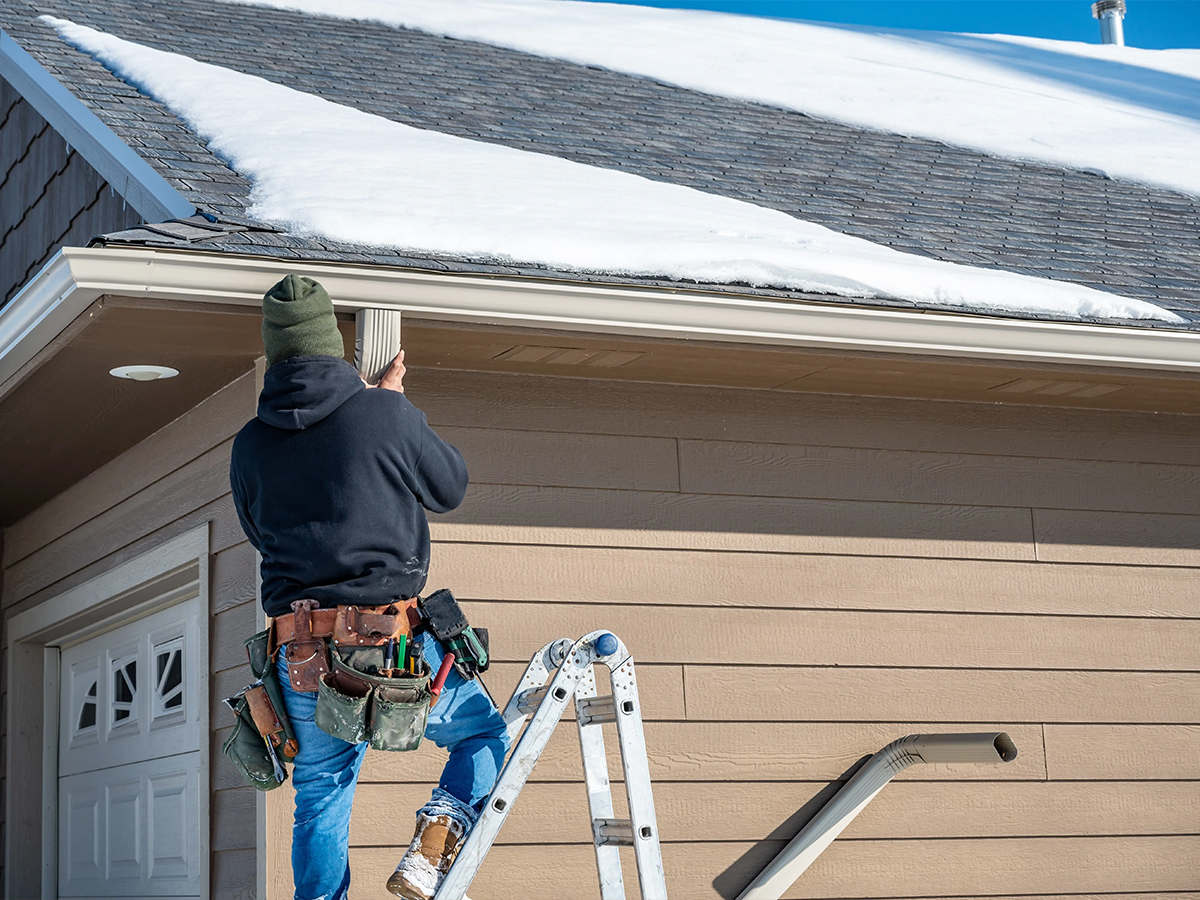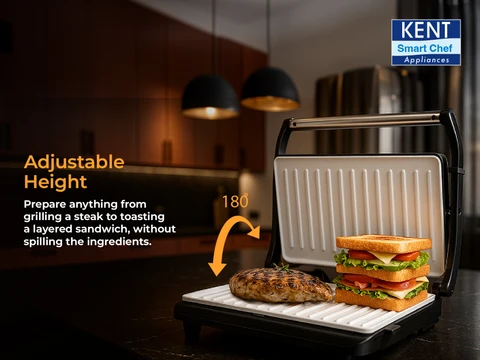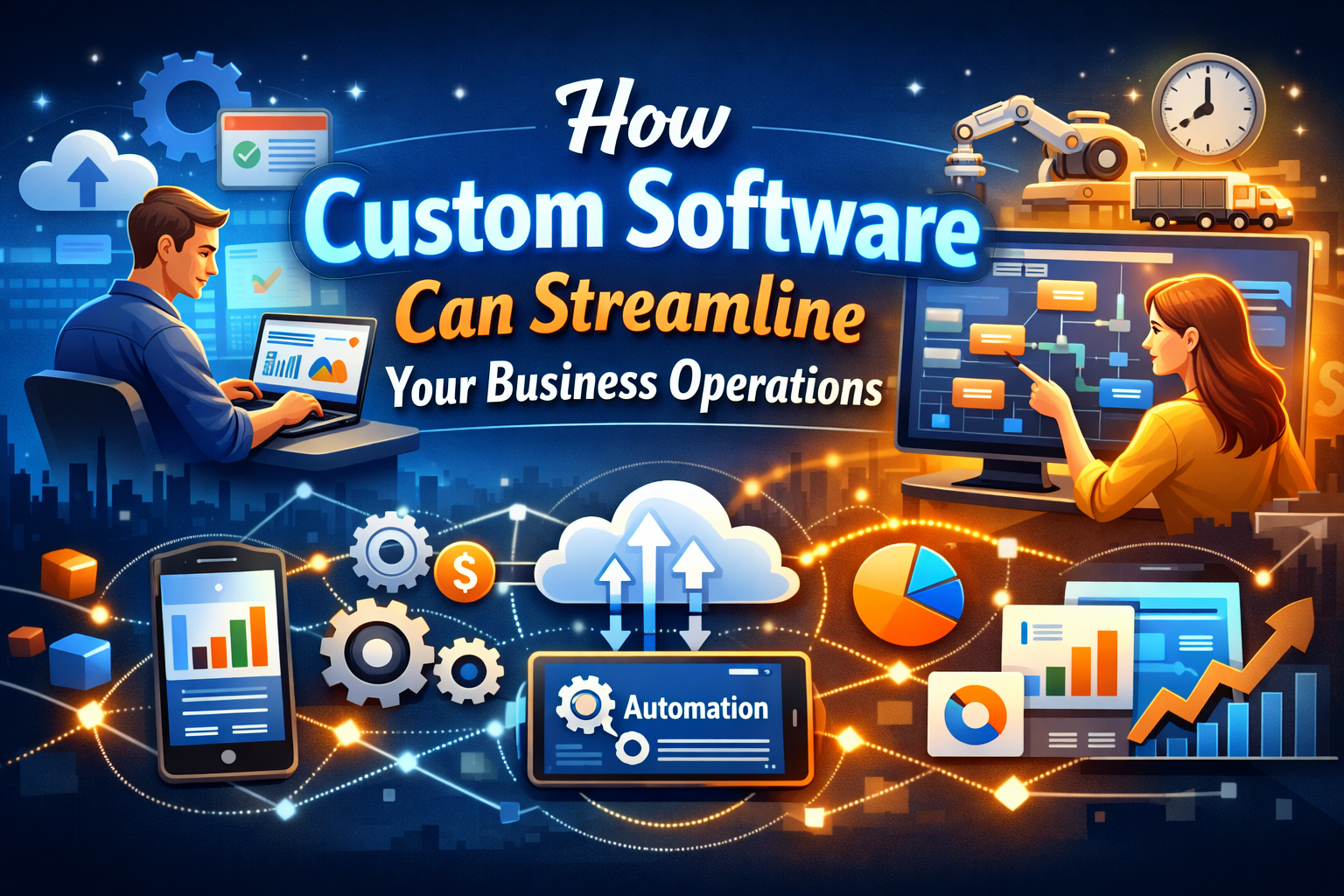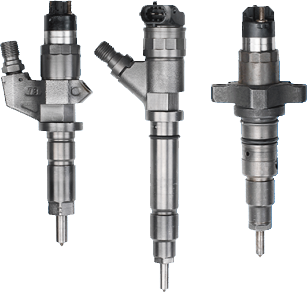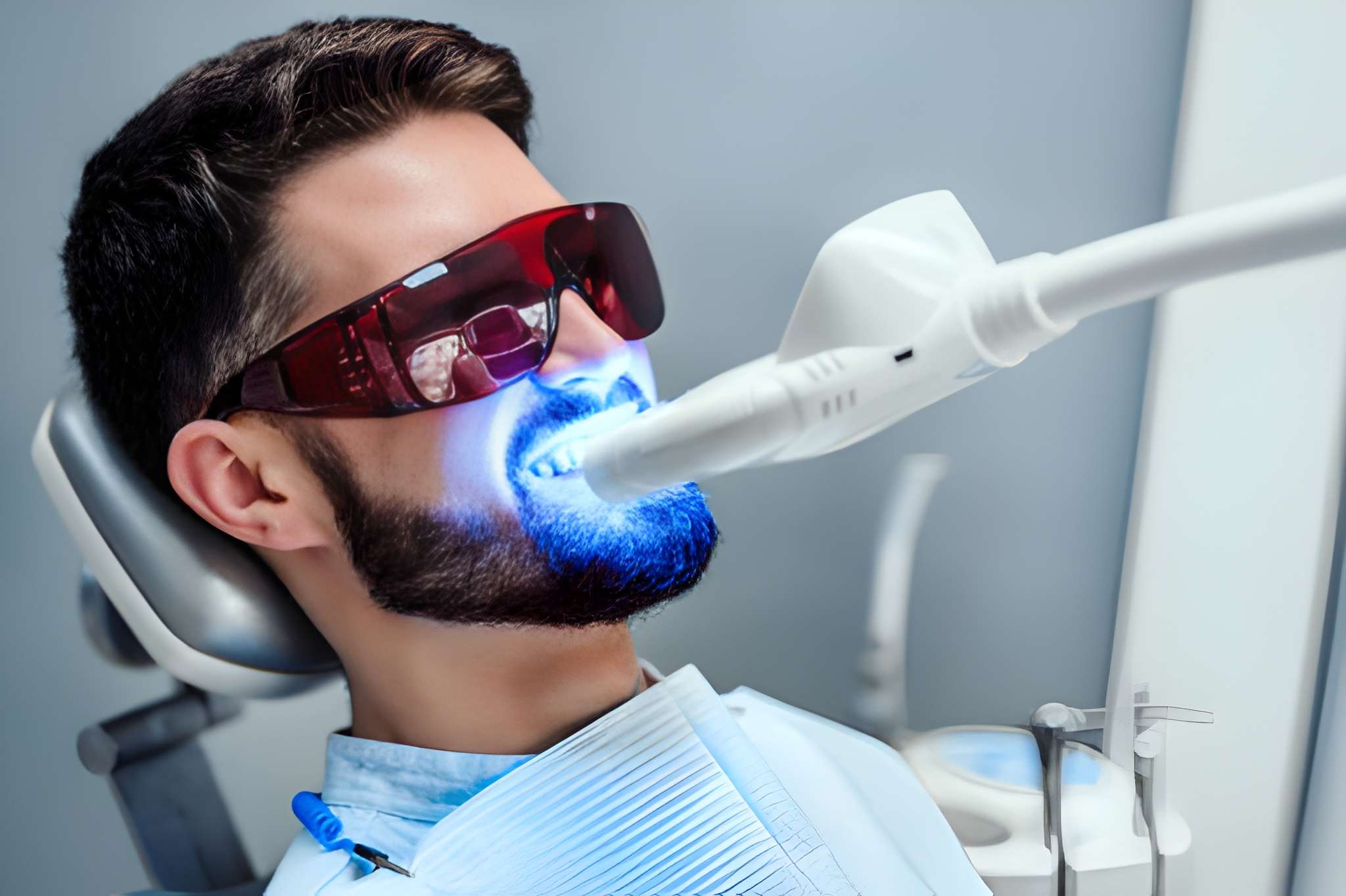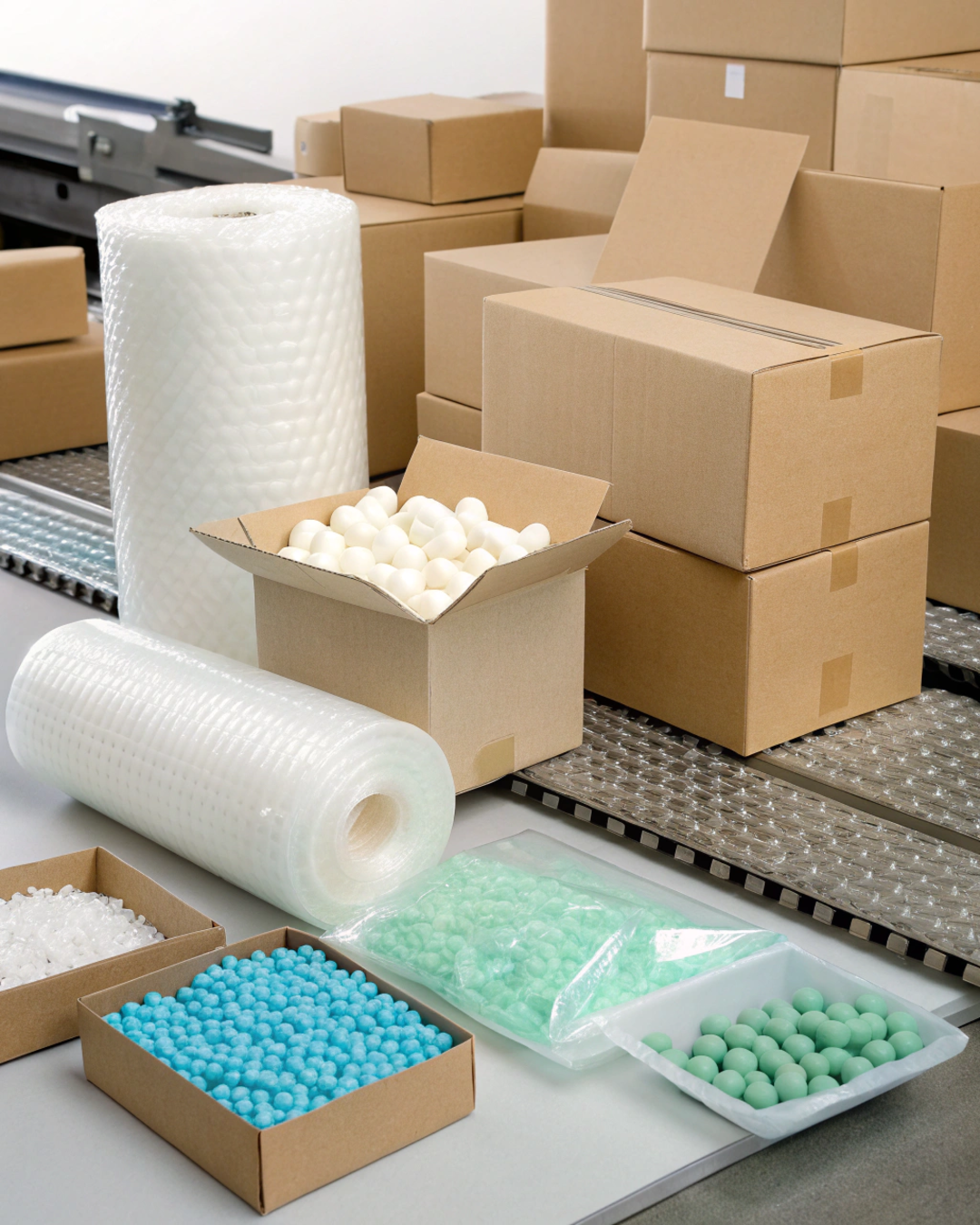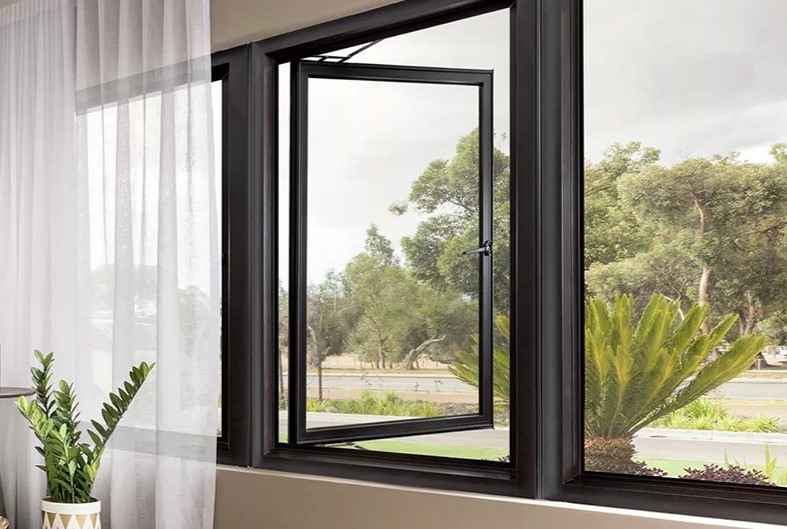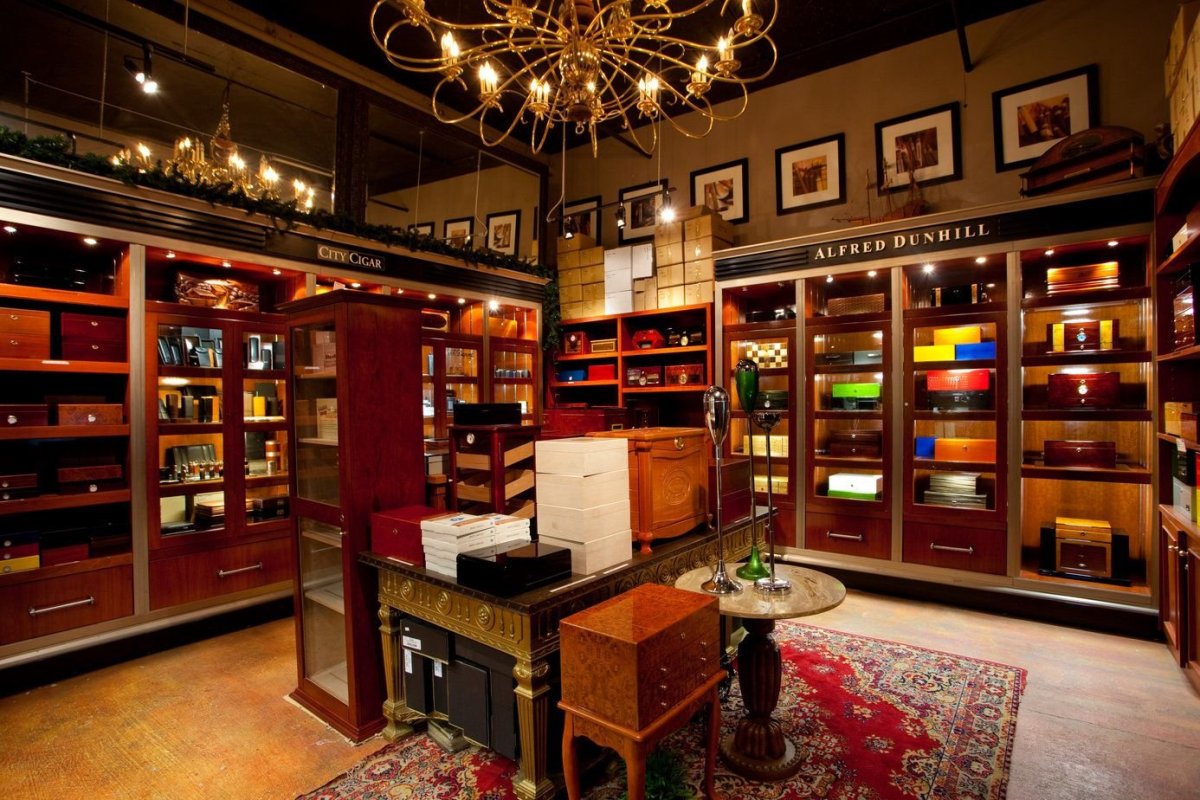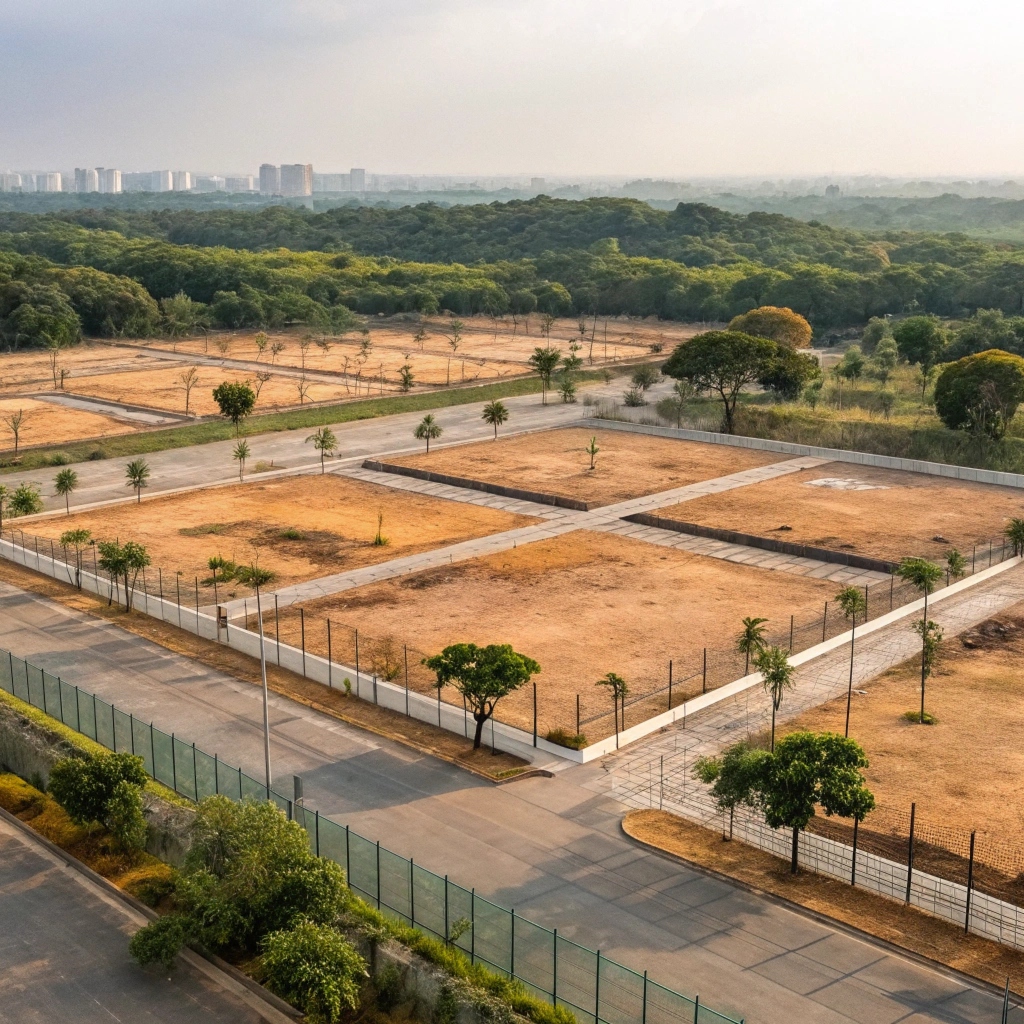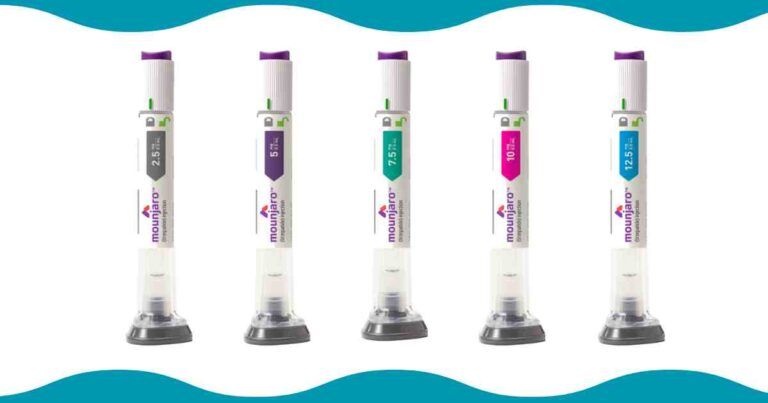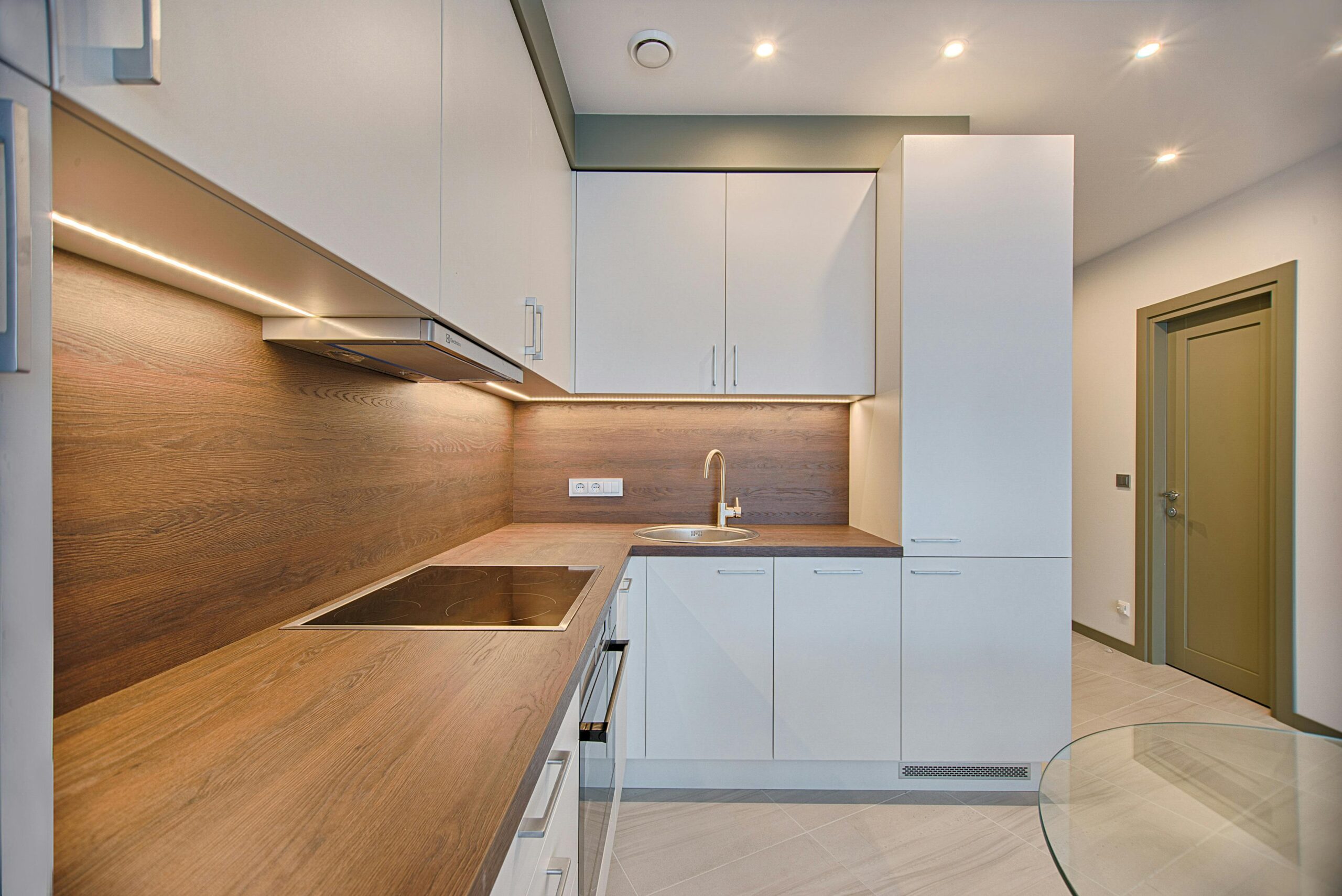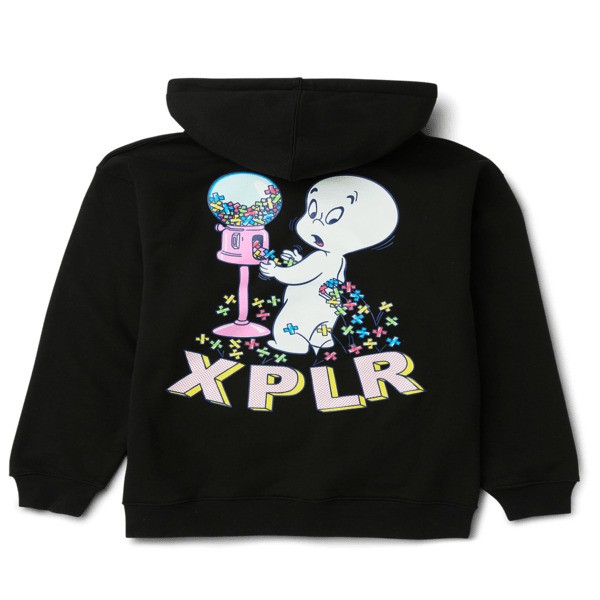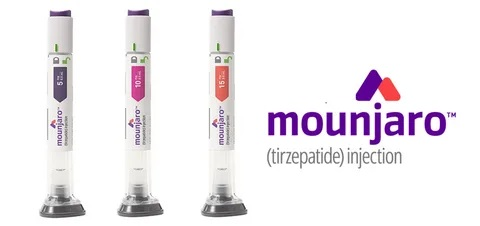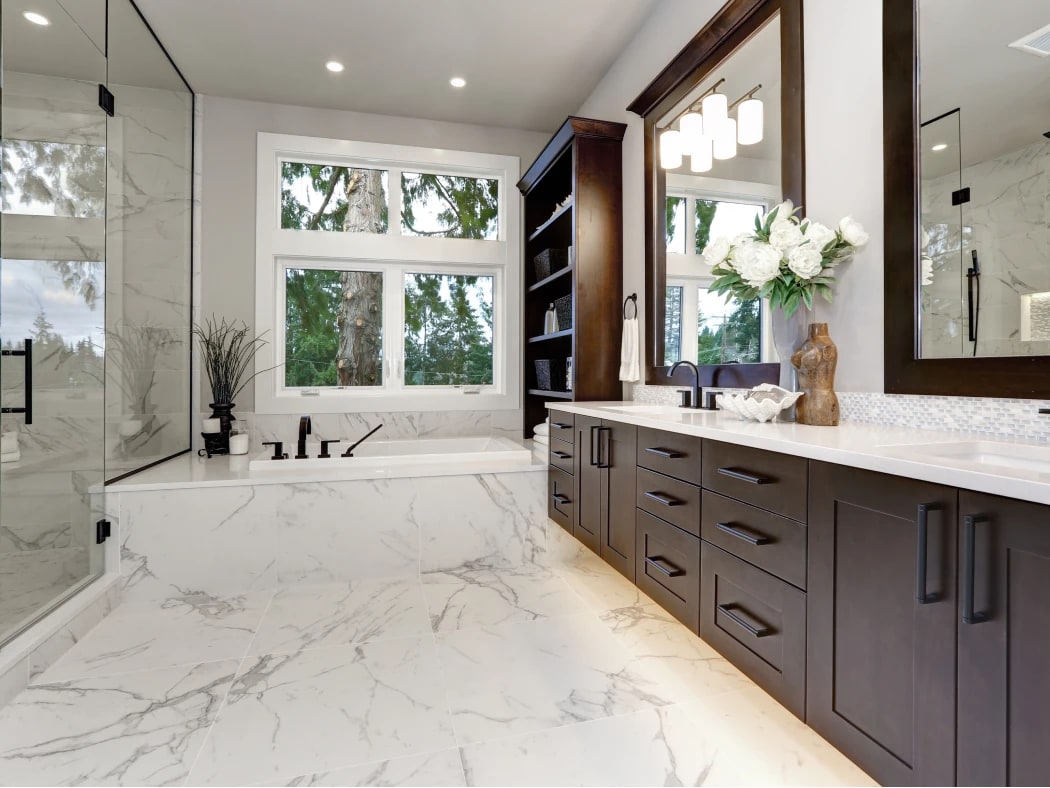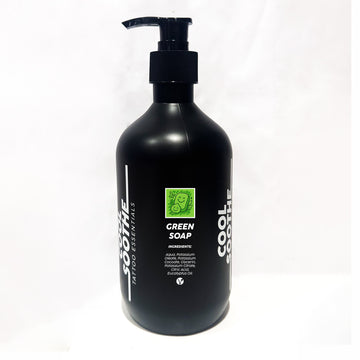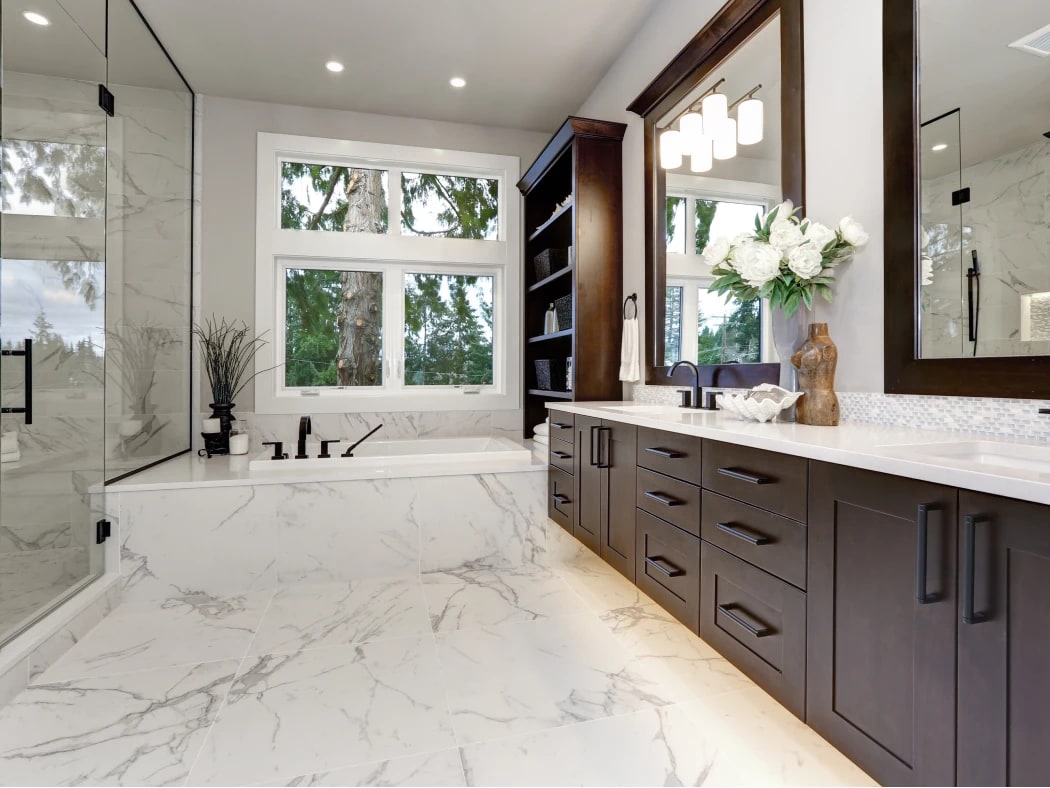Hospitality Industry Maintenance Services: Behind the Scenes

The hospitality industry thrives on delivering seamless experiences, comfort, and safety to guests. From luxury hotels to boutique inns, maintaining the property’s infrastructure and facilities is paramount to upholding brand reputation and customer satisfaction. This is where hospitality industry maintenance services play a pivotal role. These services ensure that every aspect of a property, from guest rooms to communal areas, operates efficiently and meets high standards of quality and safety.
What Are Hospitality Industry Maintenance Services?
Hospitality industry maintenance services encompass a wide range of activities aimed at keeping hotels, resorts, restaurants, and other hospitality facilities in optimal condition. These services go beyond simple cleaning and involve the upkeep, repair, and preventive maintenance of mechanical, electrical, and structural components of the property.
The main objective is to create a safe, comfortable, and welcoming environment for guests while minimizing operational disruptions and costly emergency repairs. Proper maintenance enhances the overall guest experience, extends the lifespan of equipment, and contributes to energy efficiency and sustainability efforts.
Types of Maintenance Services in Hospitality
Maintenance in the hospitality sector can be divided into several categories, each focusing on different aspects of property management:
1. Preventive Maintenance
Preventive maintenance involves regularly scheduled inspections and minor repairs to prevent larger issues from developing. For hotels, this might include checking HVAC systems, plumbing, elevators, fire safety equipment, and electrical systems. Regular preventive maintenance reduces downtime, prevents emergency situations, and ensures guest safety.
2. Corrective Maintenance
Also known as reactive maintenance, this occurs when equipment or facilities fail and need immediate attention. In the hospitality industry, a malfunctioning air conditioner, leaking faucet, or broken door lock can impact guest satisfaction. Prompt corrective maintenance ensures minimal disruption to operations and guest experience.
3. Predictive Maintenance
Using advanced technology, predictive maintenance anticipates potential failures before they happen. Sensors, IoT devices, and monitoring software track equipment performance and alert management to issues like unusual vibrations in machinery or declining efficiency in HVAC units. Predictive maintenance is highly efficient and cost-effective, helping to reduce downtime and repair costs.
4. Emergency Maintenance
Emergencies such as flooding, power outages, or kitchen equipment breakdowns require immediate attention. Emergency maintenance services in hospitality ensure that such incidents are addressed quickly to protect both guests and property.
5. Housekeeping & Cosmetic Maintenance
While technical maintenance is crucial, hospitality also depends on aesthetics and cleanliness. Housekeeping services maintain the appearance and hygiene of guest rooms, lobbies, restaurants, and recreational areas. Cosmetic maintenance, like repainting walls, polishing floors, and repairing furniture, ensures a polished and welcoming environment.
Importance of Hospitality Maintenance Services
The hospitality industry is unique because guest satisfaction directly impacts revenue. Even minor facility failures can negatively affect online reviews and repeat business. Here’s why maintenance services are essential:
-
Guest Safety: Properly maintained facilities reduce accidents and hazards, protecting both guests and staff.
-
Operational Efficiency: Well-maintained systems prevent breakdowns, improve energy efficiency, and lower operational costs.
-
Brand Reputation: Consistent maintenance reflects professionalism and attention to detail, enhancing brand image.
-
Regulatory Compliance: Hospitality facilities must meet health, safety, and fire regulations. Maintenance ensures compliance and avoids fines.
-
Longevity of Assets: Routine maintenance extends the life of property infrastructure, equipment, and appliances.
Key Components of Hospitality Maintenance Services
A comprehensive maintenance program in the hospitality industry typically covers the following areas:
Mechanical Systems
-
Heating, ventilation, and air conditioning (HVAC)
-
Elevators and escalators
-
Kitchen appliances and laundry equipment
Electrical Systems
-
Lighting systems, both indoor and outdoor
-
Backup generators
-
Power distribution and emergency systems
Plumbing Systems
-
Water supply and drainage
-
Hot water systems
-
Sinks, toilets, and showers
Structural and Exterior Maintenance
-
Roofs, walls, and floors
-
Windows and doors
-
Landscaping, parking areas, and walkways
Safety & Security Systems
-
Fire alarms and sprinkler systems
-
CCTV and access control
-
Emergency evacuation systems
Outsourcing vs. In-House Maintenance
Hospitality facilities often face the decision of whether to manage maintenance in-house or outsource to specialized service providers. Each approach has its benefits:
-
In-House Maintenance: Allows for direct control, immediate response to issues, and familiarity with the property. It’s suitable for large hotels with extensive staff.
-
Outsourced Maintenance: Provides access to specialized expertise, advanced tools, and cost-effective solutions without the burden of hiring and training in-house staff. It is ideal for smaller hotels or those looking to reduce operational overhead.
Trends in Hospitality Maintenance Services
The hospitality industry is evolving rapidly, and so are maintenance practices. Key trends include:
-
Smart Maintenance: Integration of IoT, AI, and predictive analytics for real-time monitoring and preventive actions.
-
Sustainable Practices: Energy-efficient systems, water conservation, and eco-friendly materials reduce environmental impact and operational costs.
-
Guest-Centric Approach: Maintenance schedules are designed to minimize guest disruption, often performed during off-peak hours or using silent technology solutions.
-
Integrated Facility Management (IFM): Consolidating all maintenance and facility services under a single management system improves coordination and efficiency.
Conclusion
In the hospitality industry, first impressions and overall guest experience are everything. Behind the scenes, hospitality industry maintenance services are the unsung heroes that ensure every system, facility, and amenity functions perfectly. From preventive and predictive maintenance to emergency repairs and cosmetic upkeep, these services safeguard property assets, enhance guest satisfaction, and protect brand reputation.
Investing in robust maintenance services is not just a necessity but a strategic decision that enables hospitality businesses to deliver excellence consistently. Whether in-house or outsourced, proactive maintenance ensures that guests return, operations run smoothly, and properties remain a symbol of comfort and quality.


 English
English 
